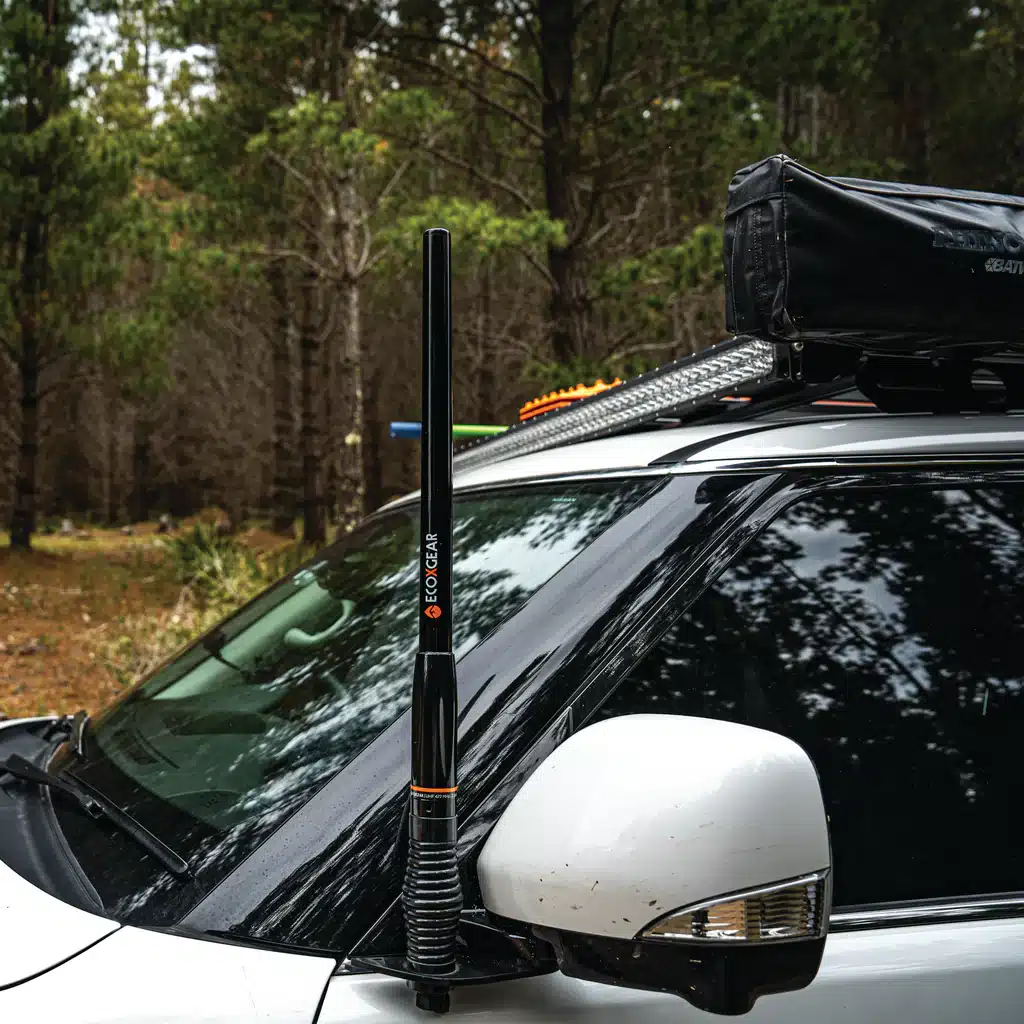When it comes to your vehicle’s performance and reliability, the car battery plays a critical role. It’s the unsung hero that provides the power needed to start your engine, run your electronics, and keep you moving safely and efficiently. But with so many types on the market—each designed for different driving styles, vehicle types, and climates—it can be hard to know which one is right for your car.
In this comprehensive guide, we’ll explore the different types of car batteries, what makes them suitable for various needs, and how to make the best choice for Australian conditions.
Choosing the right battery goes far beyond just size and price. Your car’s electrical system, engine type, accessories, and even the weather you drive in all influence performance. Using the wrong can lead to:
Reduced battery lifespan
Poor engine starts
Electrical malfunctions
Voided manufacturer warranties
on the other hand, will enhance your vehicle’s reliability, power delivery, and longevity—especially on the rugged roads and extreme conditions often faced across Australia.
Before diving into the types of batteries, here are a few key terms to help you compare products:
CCA (Cold Cranking Amps): The amount of current a it can deliver at 0°C. Higher CCA ratings are better for colder climates or engines that require more power to start.
RC (Reserve Capacity): The number of minutes a fully charged can run your vehicle’s electronics if the alternator fails.
Amp-Hours (Ah): Common in deep-cycle and lithium batteries, this indicates the total amount of energy stored.
Maintenance-Free: Many modern batteries are sealed and don’t require water top-ups or manual servicing.
Here’s a breakdown of the four most common car battery types available in Australia:
Best for: Older vehicles and drivers on a budget.
Lead-acid batteries are the most traditional and affordable type. They use a mixture of water and sulfuric acid to generate electricity and are found in many standard petrol and diesel vehicles.
Pros:
Low upfront cost
Simple and widely available
Compatible with older cars
Cons:
Requires occasional maintenance (water top-ups)
Shorter lifespan
Poor performance in deep discharge scenarios
Ideal Use:
Daily commuting in a basic car without many electronic accessories or stop-start technology.
Best for: Modern cars with advanced electronics, start-stop engines, and high accessory use.
AGM batteries are sealed and maintenance-free. They use fibreglass mats to absorb the acid, making them more shock-resistant and suitable for vehicles that place greater demands on their electrical systems.
Pros:
Long lifespan (up to 5–6 years)
Deep-cycle capability
Superior vibration resistance
Quick recharge times
Cons:
Higher cost than lead-acid
Not compatible with all alternators without a DC-DC charger
Ideal Use:
Luxury vehicles, 4WDs, performance cars, and drivers who use multiple accessories like fridges, winches, or light bars.
Best for: Entry-level stop-start vehicles.
EFB batteries are an improved version of the standard flooded. They’re designed to better withstand the frequent starts and stops common in city driving, especially in vehicles equipped with fuel-saving stop-start systems.
Pros:
Improved cycle life compared to lead-acid
More affordable than AGM
Reliable for everyday urban use
Cons:
Still sensitive to deep discharges
Less durable than AGM in high-vibration or off-road environments
Ideal Use:
Compact and mid-range cars with stop-start features, especially for drivers in urban areas like Sydney, Melbourne, or Brisbane.
Best for: Performance and recreational use (especially off-grid and solar setups).
Lithium batteries are becoming more popular in the automotive and recreational markets due to their efficiency, lightweight design, and fast recharge capabilities. However, they’re still less common in everyday passenger cars.
Pros:
Extremely lightweight
Longest lifespan (up to 10 years)
Can handle full discharges without damage
Ultra-fast charging
Cons:
Premium price point
Requires Battery Management System (BMS)
May not be compatible with traditional charging systems
Ideal Use:
Off-road adventurers, EV enthusiasts, caravans, campervans, and solar-integrated 12V systems.
To choose the best battery, consider:
Consult your owner’s manual or ask a specialist to check what type and CCA/RC ratings are recommended.
Short city drives with stop-start traffic put more strain on batteries. Longer drives can better maintain charge.
If you regularly use accessories like fridges, inverters, or aftermarket electronics, an AGM or lithium is a smarter investment.
Cold climates demand higher CCA ratings, while heat can shorten life. Make sure your battery suits your local environment.
While lead-acid is cheapest up front, AGM or EFB batteries offer better long-term performance and durability—especially in modern vehicles.
At All 12 Volt, we specialise in high-quality, reliable batteries tailored for Australian vehicles and conditions. Whether you’re after an affordable solution for a runabout, a heavy-duty battery for your 4WD, or a lithium battery for your weekend camping setup, we’ve got you covered.
We also offer:
Expert battery recommendations
Fitting and testing services
Battery chargers and accessories
Nation-wide delivery and support
Our expert team is here to help you find a battery that not only fits your car but also your lifestyle.
There’s no universal “best battery” for every car—it all depends on what you drive, how you drive, and what your vehicle needs. By understanding the different types of batteries and evaluating your unique requirements, you’ll make a smarter investment that leads to better performance and fewer breakdowns.
Need help finding the perfect match? Contact the All 12 Volt team today or visit us online to browse our full range of trusted battery solutions.
Contact us: https://www.all12volt.com.au/contact-us/
Need help or have questions?
Email: sales@all12volt.com.au
Phone: 02 4656 4643
Facebook: facebook.com/all12volt
Instagram: instagram.com/all12volt


Who does not love the outdoors and camping? It's a great adventure and opens up new destinations and often unexplored places. But you need to be well equipped with the safe and durable caravan and camping accessories for these outdoor activities. It is undoubtedly thrilling and exciting, but unless you take good care of what you need to do and what you should avoid, there's always a chance of an unpleasant experience. It pays to take sound advice from a 4WD specialist when going on a camping trip.